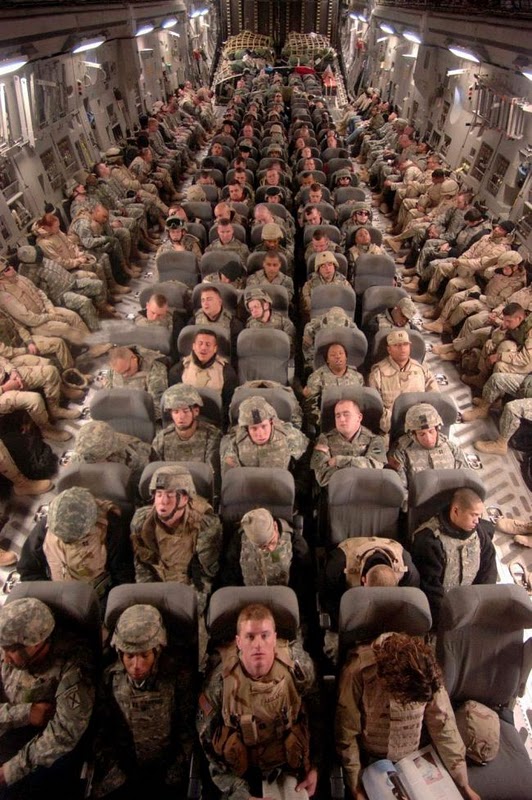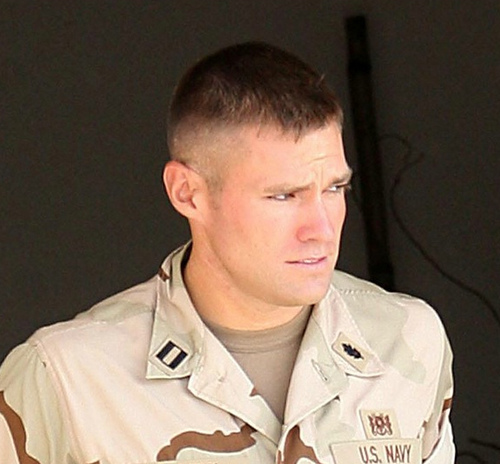
Therapeutic Massage is beneficial for Military who may have signs and symptoms from deployment.
It takes the Courage and Strength of a Warrior to Ask for Help...if you're in an emotional crisis call 1-800-273-TALK (8255) Press 1 for Veterans
or text to 838255
WOUNDED WARRIORS
Do you know someone recently deployed. Were they exposed to a blast or explosion that briefly left them dazed or confused? Did they say that their "bell was rung" by this event or events?
Have you noticed any of the following:
- Complaints of persistent headaches and/or neck pains
- Experiencing unusual forgetfulness or is easily distracted
- Complaints of dizziness, loss of balance or ringing in the ears
- Has unexplained sadness or anger, or mood changes that occur without an emotional trigger
- Blurred vision or unusual sensitivity to light or sound
- Slurred speech
- Difficulty completing tasks that require concentration, organization or decision making
- Changes in sleep patterns or complaints of unusual fatigue
Is that someone a battle buddy, a spouse, a friend, a brother or sister or YOU? If so, they may have experienced a mild traumatic brain injury (TBI). A mild traumatic brain injury will often not leave visible wounds; but is very real. These symptoms may be temporary; but for some they may be prolonged or even life-long.
RECOGNIZE THE SIGNS OF SUICIDE RISK:
- THINKING ABOUT HURTING OR KILLING YOURSELF
- LOOKING FOR WAYS TO KILL YOURSELF
- TALKING ABOUT DEATH, DYING OR SUICIDE
- SELF-DESTRUCTIVE BEHAVIOR SUCH AS DRUG ABUSE,WEAPONS, ETC.
- THE PRESENCE OF THESE SIGNS REQUIRE IMMEDIATE ATTENTION.
- HOPELESSNESS, FEELING LIKE THERE'S NO WAY OUT
- ANXIETY, AGITATION, SLEEPLESSNESS, MOOD SWINGS
- FEELING LIKE THERE'S NO REASON TO LIVE
- RAGE OR ANGER
- ENGAGING IN RISKY ACTIVITIES WITHOUT THINKING
- INCREASING ALCOHOL OR DRUG ABUSE
- WITHDRAWING FROM FAMILY AND FRIENDS
- CALL US IF YOU EXPERIENCE ANY OF THESE WARNING SIGNS
If you are worried that you or a loved one is thinking about committing suicide or hurting yourself, remember the following tips:
- Act immediately!
- Be direct. Ask, "Are you thinking about hurting yourself?"
- DO NOT LEAVE YOUR LOVED ONE ALONE.
- Get help: Contact a chaplain, doctor, friend, family members, or call 911 or a hospital emergency room.
A suicidal person needs immediate professional help.
SOLDIER COMBAT STRESS REACTION
GET HELP WHEN YOU NEED IT
Be patient and work with each other during the readjustment period. If problems continue or get worse, seek help for yourself and your loved ones.
COMMON REACTIONS
Many of the reactions listed below are normal for people who experience high stress situations. It is not uncommon for most Soldiers to experience some or all of the following reactions:
Physical
- Trouble falling asleep
- Oversleeping
- Waking up in the middle of the night
- Difficulty with sexual and nonsexual intimacy
- Fatigue
- Feeling jumpy
- Being easily startled
Emotional
- Feeling overwhelmed
- Depression
- Irritability
- Feeling numb
- Difficulty readjusting to family routines
- Difficulty reconnecting with family
- Discomfort being around other people or in crowds
- Frustration
- Guilt
- Crying spells
Cognitive
- Difficulty with memory
- Loss of interest/motivation
- Concentration problems
- Difficulty talking about deployment experiences
- Loss of trust
These normal reactions may be uncomfortable but in most cases are not causes for concern. Typically, the "common reactions" stop after 6-8 weeks.
FLASHBACKS AS A REACTION
- Flashbacks are episodes of re-experiencing the events that occurred during a deployment.
- During a flashback episode, Soldiers feel as if they are "back in the war" and may not be aware of their immediate surroundings.
- Although upsetting and uncomfortable, flashbacks are generally normal and not associated with a more serious problem UNLESS they persist for months or cause significant interference in a Soldier's activities of daily living.
- Flashbacks may occur in response to a "trigger" (for example a loud noise that sounds like a weapons discharge) or spontaneously without a trigger.
WHEN NORMAL REACTIONS BECOME PROBLEMATIC
- Problems that interfere with a Soldier's ability to do the things that he or she needs to do in any important area of life (work, home, family, social, spiritual) are the clearest signs that a normal reaction after deployment may be turning into a more serious problem.
- If a Soldier's distress persists longer than 6 to 8 weeks, it may be a sign he or she needs professional help.
SOMETIMES the problems are too big to resolve by oneself. Get help if any of the following occurs: atypical behavior, depression, prolonged sadness, suicidal or homicidal thoughts, aggressive/violent thoughts or actions, verbal abuse, reckless behavior/excessive anger, or alcohol/substance abuse.
SOLDIER RETURNING HOME
A Soldier's return from deployment is a time of great excitement and joy. It may also be a time of stress, frustration, or disappointment if the reunion does not meet hopes and expectations. All Soldiers go through an adjustment period from being a combat Soldier to being a son or daughter, parent or spouse. This adjustment period is normal.
After Operation Iraqi Freedom and Operation Enduring Freedom, there may be problems readjusting because of memories of:
- Witnessing or being personally involved in death and destruction
- Seeing destroyed homes and dead bodies
- Seeing friends wounded or killed
- Being ambushed, receiving small arms fire or being exposed to improvised explosive devices (IEDS)
Soldiers may also have problems due to:
- Physical injury or illness
- Financial difficulties
- Relationship strains
- Feeling that they no longer fit in
- Dealing with different family routines or roles
WHERE TO GET HELP
- Active Duty Soldiers and family members can contact their unit chaplain, unit mental health team, or primary medical provider.
- Reserve/National Guard Soldiers and family members can contact VA Medical Centers and Vet Centers that provide veterans with mental health services. VA Medical Centers and Vet Centers are listed in the phone book in the blue Government pages. On the Internet, to to www.va.gov/ and click on the "Find a Facility" tab near the top of the page or go to www.va.gov/rcs.
- All family members and/or returning Soldiers can contact the Military One Source at https://www.militaryonesource.com and register for a free account.
- Free confidential counseling (up to six sessions) in the civilian community is available.
- Call U.S. toll free 1-800-342-9647
- International: Access code + 800-3429-6477 (all 11 digits must be dialed)
- Por Espanol llame: 1-877-888-0727
- Korea: DSN 550-ARMY (2769)
U.S. Army Public Health Command (Provisional)
http://chppm.amedd.army.mil
1-800-222-9698

